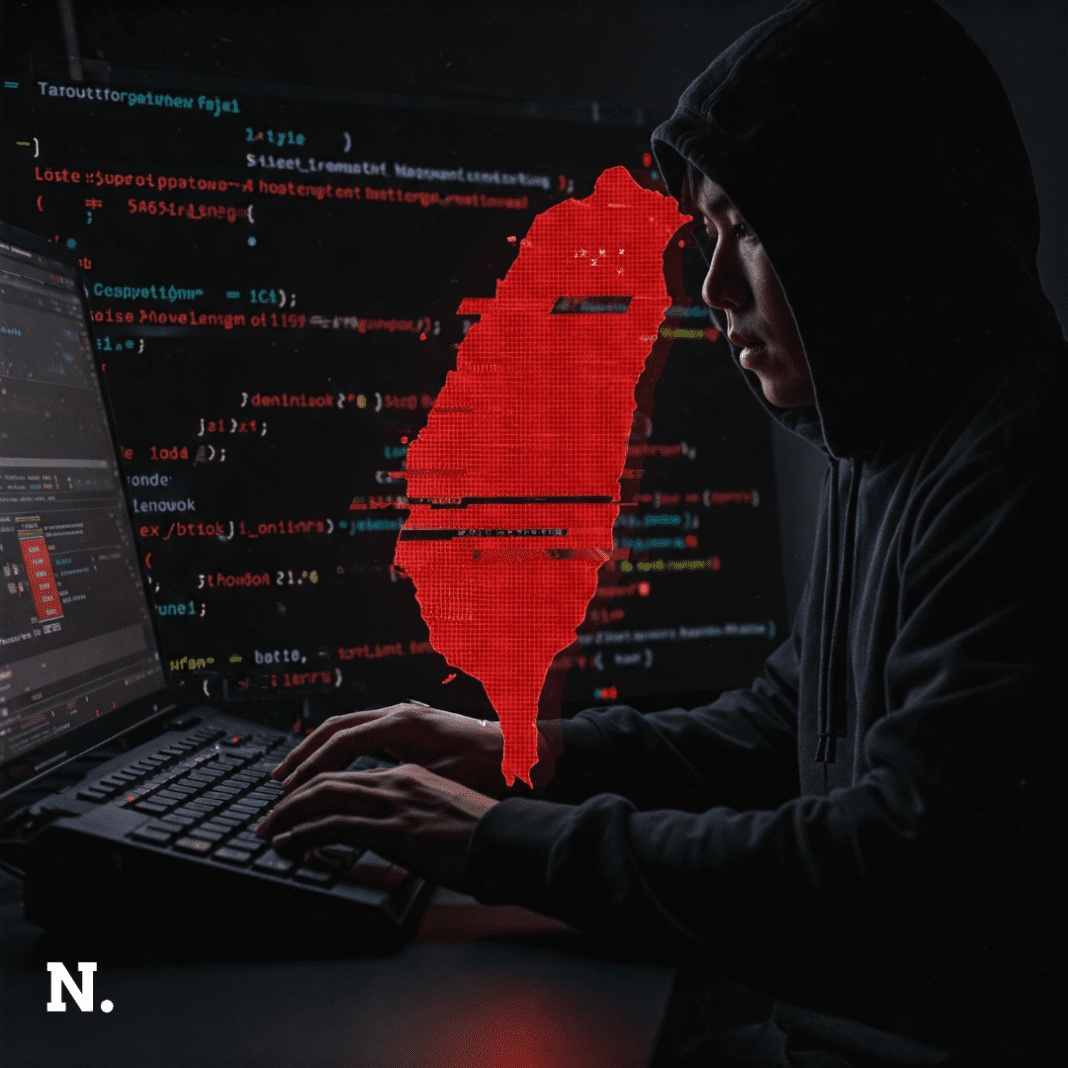Taiwan’s Critical Infrastructure Under Attack
Taiwan has recently been hit by a series of cyberattacks. Experts believe a Chinese-linked hacking group called UAT-5918 is behind them. The group is using clever tricks to break into Taiwan’s important systems.
Chinese hacking groups called Volt Typhoon and Flax Typhoon have links to UAT-5918. These groups attack governments and big organizations.Experts believe UAT-5918 began targeting Taiwan in 2023. Since then, their attacks have become more frequent and severe.
The attackers mainly target web and app servers that are open to the internet. They find weak spots in these systems to break in. Once inside, they move through the network to gain more control. They steal secret data, such as passwords and private information. The hackers try to stay hidden for as long as they can.
Cyberattack Catastrophe: How Hackers Can Endanger Human Lives ?
How the Hackers Operate
Once the hackers get into a weak system, they use clever tools to move around without being noticed. Experts say UAT-5918 uses the same tricks as Volt Typhoon and Flax Typhoon. This shows they are likely part of a larger Chinese-backed operation.
The group uses several strategies, including:
- Lateral movement: This is when hackers move from one compromised device to another, gaining more control over the system.
- Credential theft: They steal usernames, passwords, and other login details, giving them deeper access to the network.
- Data exfiltration: The attackers take confidential information and transfer it out of the organization, often selling or using it for espionage.
Cisco Talos experts say that UAT-5918 is linked to two other hacking groups, Earth Estries and Famous Sparrow. Both groups carried out Chinese-backed attacks in the past.This link shows the attacks on Taiwan are part of a planned and well-funded campaign.
How Cyber Attacks on Industrial Control Systems Can Endanger Lives ?
Wider Impact and Growing Concerns
The cyberattacks on Taiwan are part of a bigger plan by state-backed hackers. Experts warn that the same methods could be used to attack other countries. This has raised fears of more attacks spreading to other regions.
Recent reports reveal that the Chinese cybersecurity firm i-Soon carried out a previous hacking campaign called Operation FishMedley. This campaign targeted government agencies and organizations in the U.S., France, Hungary, Turkey, and Thailand. The U.S. Department of Justice recently exposed i-Soon’s operations in an indictment, confirming its link to Chinese state-backed hacking groups.
Critical Vulnerabilities: The Dark Side of Pacemaker Technology
i-Soon uses tools and methods similar to the techniques deployed by UAT-5918, indicating that Chinese-sponsored hacking groups share a common playbook.This has heightened fears of more widespread and damaging cyberattacks in the future.
Taiwan, being a technological hub, is a prime target for cyber-espionage. Its critical infrastructure, including government systems, utilities, and transportation networks, is at risk of severe disruption if these attacks continue.Experts are still investigating the full damage caused by UAT-5918. They warn that the group’s methods are becoming more refined and harder to detect.





